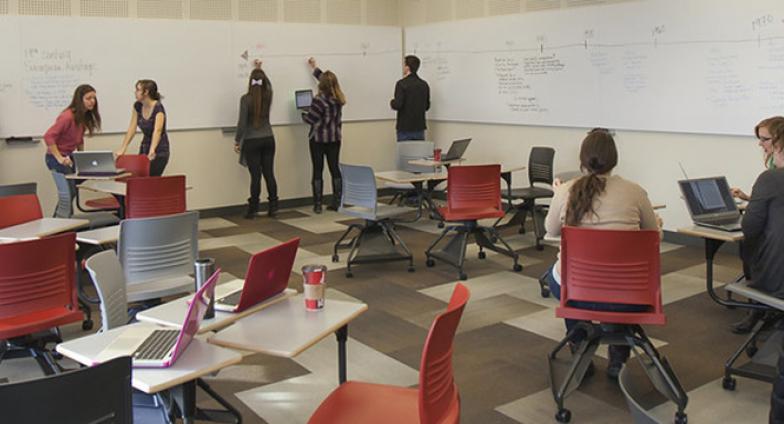Research Questions
Use of Concept Inventory and Associated Assessments to Improve Undergraduate Curriculum
Recently, our department started using a concept inventory (CI) to assess the content progress students were making during their time here. The CI utilized is a nationally recognized and validated instrument aligned with the American Society of Microbiology Undergraduate Curriculum Goals and Objectives. Although we can easily extract the numerical performance of this inventory, the misconceptions that are common to our students are unknown to us. This project would entail the creation of a coding system for each question and analysis of the answers given by our students. Further research may be done on the CI itself and lead to publications in conjunction with the original authors. An example of further research: is there gender bias evident in the performance of the students on specific questions.
